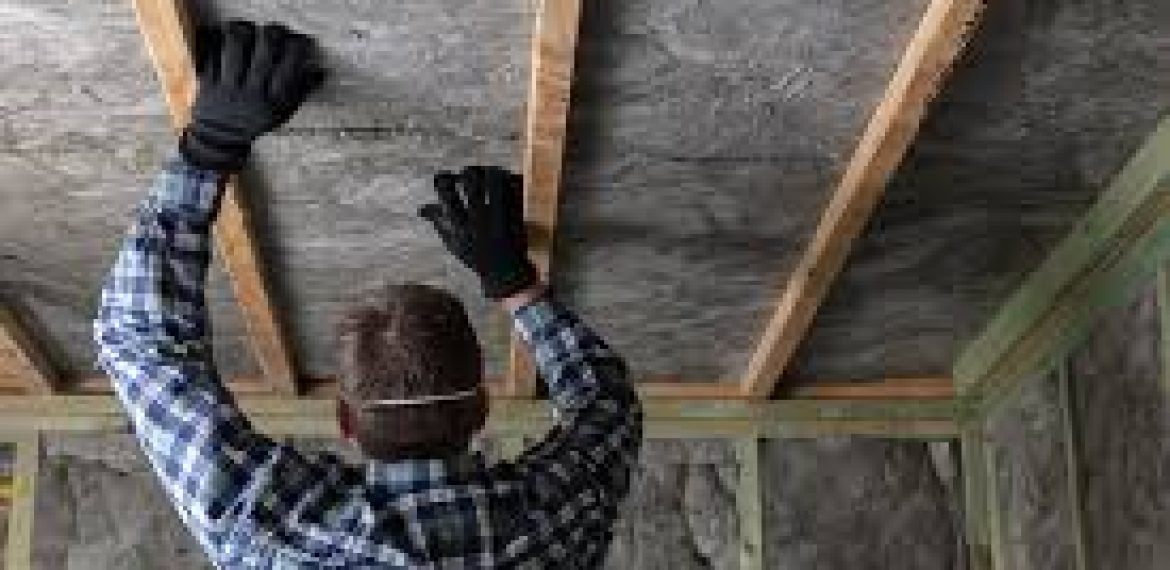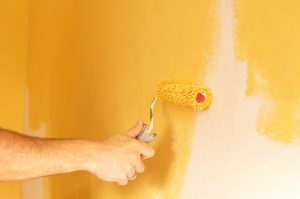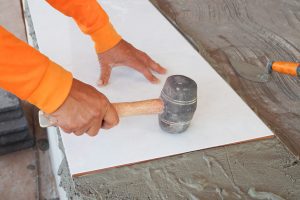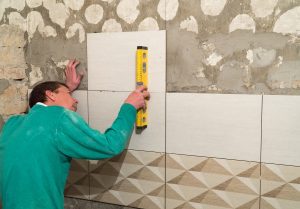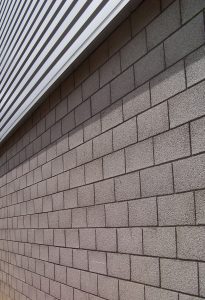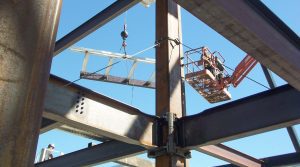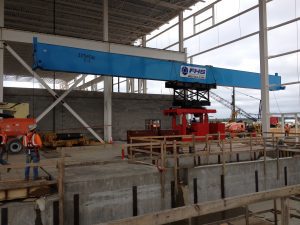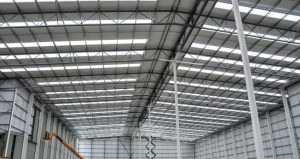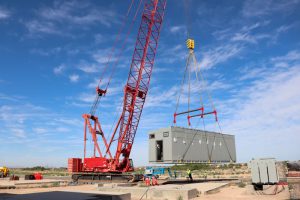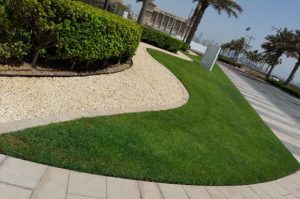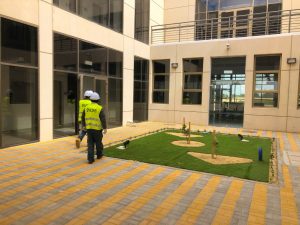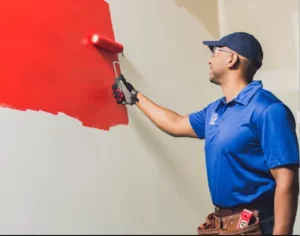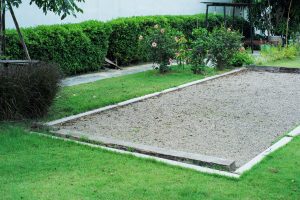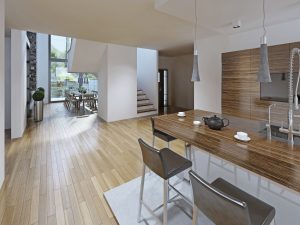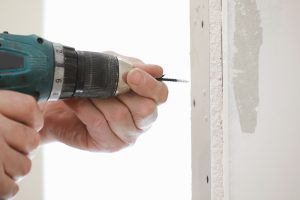The term “acoustic insulation kinds” is used to describe the many insulation product categories currently on the market. And who cares if they do? Skilya does and you should if you’re thinking about soundproofing work and want it done properly.
Unwanted noise is a common issue in both homes and businesses and can come from a variety of sources, such as nearby traffic and construction, or from within, thanks to open floor designs. The greatest technique to reduce ambient noise and improve serenity in a room is to install acoustic insulation and Skilya can help you with that.
But even a cursory examination of the topic reveals that there is a wide variety of Acoustic Insulation kinds that are intended to absorb, deflect, and disperse noise; all of them contribute to controlling sound in a specific manner and maintaining a much more controllable level.
Knowing the properties of the various types of acoustic insulation will help you select the best one for your project.
So, in order to help you choose the right Acoustic Insulation for your needs, here is a rundown of some of the most common varieties by Skilya:
Polyester Acoustic Insulation
Polyester is a versatile fiber that has good tensile strength, excellent water resistance, and is hypoallergenic. Because of its durability and adaptability, it is a prime candidate for use in the production of a wide variety of fibrous sound absorption products.
Polyester acoustic insulation is a high-performance soundproofing solution utilized in a variety of building types (residential, commercial, and industrial).
Polyester acoustic insulation may be found in a multitude of thicknesses and densities, making it suitable for use in virtually any construction endeavor. The more dense and thick a product is, the better it is in dampening noise. For more information contact Skilya.
Fibreglass Acoustic Insulation
The modern name for fiberglass insulation is “Glasswool,” however the substance has been in use for decades under several other names.
Batts and blankets with a “wool-like” texture are produced by processing sand and recycled glass into millions of microscopic glass fibers, which are then organized and bound together with the help of a specific binder.
The insulation characteristics of the material are a result of the manufacturing process, which forms millions of small air pockets between the fibers. Contact Skilya for more information.
Acoustic Foam Insulation
Acoustic foam, sometimes called acoustic convoluted open cell polyethylene foam, is a lightweight, nontoxic acoustic substance. The foam is widely utilized as a sound absorber in recording studios and other commercial and industrial applications and goods to reduce unwanted reverberation.
You may get acoustic foam insulation in a wide range of densities and thicknesses, and it can be purchased in the form of rolls or flat panels. To learn more, contact Skilya.
Mass Loaded Vinyl (MLV)
Mass-loaded vinyl, commonly known as “Limp Mass Barrier,” is a product used to prevent or at least reduce the passage of sound.
Unlike the fibrous bulk absorbers discussed above, MLV does not work by absorbing sound waves but rather by blocking their transmission by increasing the mass of a building and so making it more difficult for sound to pass through.
It is made from vinyl, which gives it its pliability (or “limpness”), and Barium Sulfate, a naturally occurring, high mass substance (or “mass”). The end product is a dense, non-hazardous substance with endless applications. Skilya can help you with it.
Acoustic Pipe Lagging
Acoustic pipe lagging combines the benefits of a high mass sound deadener with the sound absorption properties of the bulk foam. In order to isolate the pipe from the mass-laden vinyl used as a sound deadener, acoustic foam is typically stuffed within the pipe.
As a consequence, we have an acoustic insulation solution for loud pipes in both commercial and residential buildings that is simple to install and very effective.
Acoustic pipe lagging is available in pre-cut ‘flat packs,’ as well as rolls, for quick and easy installation, and it is also useful in ventilation ducting and a broad variety of industrial applications, such as pump housings. Contact Skilya to learn more about it.
Conclusion
It is crucial to select the appropriate acoustic insulation type and guarantee proper installation in order to achieve the greatest results for your project when it comes to soundproofing, which is a difficult issue in and of itself.
If you have a problem selecting the acoustic insulation type, you can contact Skilya!

